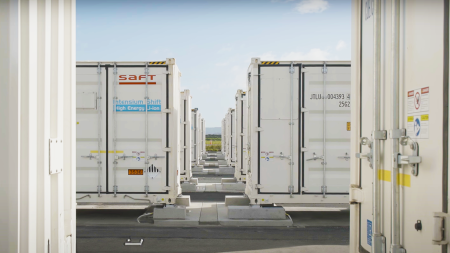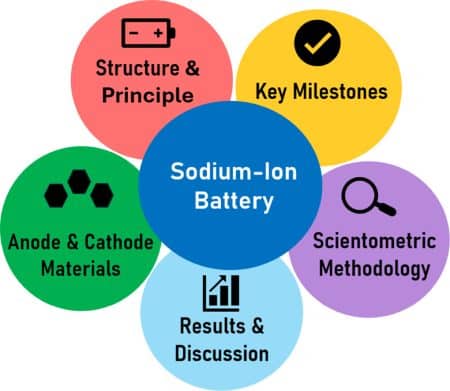Hydrogen fuel cells, long considered a beacon of sustainable energy, have taken a significant step forward, thanks to pioneering research by the Ulsan National Institute of Science and Technology (UNIST).
A team led by Professor Myoung Soo Lah in the Department of Chemistry at UNIST has achieved a groundbreaking advancement in the efficiency of hydrogen fuel cells. Their innovative approach, published in the Angewandte Chemie International Edition, promises to transform the landscape of eco-friendly next-generation energy sources.
Hydrogen fuel cells are renowned for their remarkable efficiency and environmentally friendly power generation capabilities. They directly convert chemical energy produced from the reactions between hydrogen and oxygen into electrical energy. However, to harness their full potential, enhancing hydrogen ion conductivity within the fuel cell’s solid electrolyte is critical.
Conventionally, Proton-Exchange Membrane Fuel Cells use Nafion as an electrolyte material due to its stability and high hydrogen ion conductivity. However, Nafion’s limitations in terms of temperature range and performance enhancement mechanisms have posed challenges.
UNIST’s research team turned to metal-organic frameworks (MOFs) as an alternative solution. MOFs are materials that combine metal clusters with organic ligands, forming a porous structure. Renowned for their chemical and thermal stability, MOFs have gained recognition in fuel cell applications. The key to their potential lies in the pores of varying sizes that can be utilized to introduce guest molecules for high hydrogen ion conductivity.
In this study, the UNIST researchers introduced zwitterionic sulfamic acid, a low-acidity amphoteric ionic substance with positive and negative charges, as guest molecules into two types of MOFs: MOF-808 and MIL-101. Sulfamic acid, with its exceptional hydrogen bonding capabilities, served as a medium for transferring hydrogen ions within the fuel cell. By increasing the amount of sulfamic acid within the MOF pores, they achieved hydrogen ion conductivity levels of 10-1 Scm-1 or higher, while maintaining durability over an extended period.
This achievement holds the promise of significantly advancing the efficiency and performance of hydrogen fuel cells. By utilizing metal-organic frameworks and innovative guest molecules, the UNIST research paves the way for more sustainable and efficient energy solutions. In an era where global efforts toward decarbonization are paramount, this breakthrough could be a game-changer.








